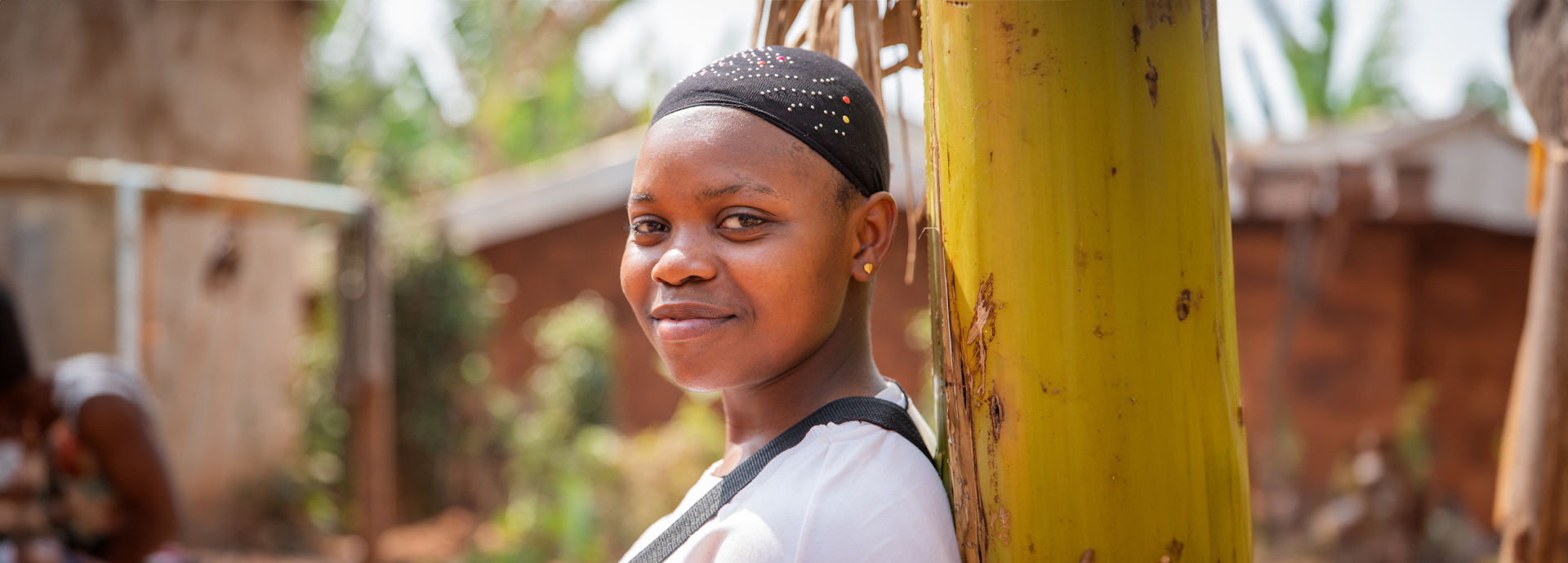Sexually transmitted diseases (STDs) are infections that are passed through sexual contact and are a significant public health concern in Zambia.
If you are sexually active, it’s important to receive regular STD/STI testing, especially since many infections don’t show immediate symptoms.
How STD/STI Testing Works
STD/STI testing involves screening for infections that are transmitted through sexual contact. Depending on the type of STD, testing may require a blood sample, urine sample, or swab from the affected area (such as the genitals, throat, or rectum). Here’s how it typically works:
- Consultation: Your healthcare provider will ask about your sexual history and any symptoms you may be experiencing. This helps determine which tests are appropriate.
- Sample Collection: The type of sample needed depends on the STD being tested for. For example, a blood test may be used to detect HIV, syphilis, or hepatitis, while a urine sample or swab might be used to test for chlamydia or gonorrhea.
- Laboratory Analysis: The collected samples are sent to a laboratory for analysis. The time it takes to receive results can vary depending on the tests being conducted.
- Results and Follow-Up: Once your results are available, your healthcare provider will discuss them with you and provide guidance on any necessary treatment or next steps.
Why You Should Take Advantage of STD/STI Testing
Regular STD/STI testing is essential for several reasons:
- Early Detection: Many STDs do not cause noticeable symptoms, so regular testing is the only way to detect them early. Early detection allows for prompt treatment, reducing the risk of complications and preventing the spread of the infection between you and your sexual partner(s).
- Protecting Your Health: Untreated STDs can lead to serious health issues, such as infertility, chronic pain, and increased risk of HIV transmission. Regular testing ensures that you can address any infections before they cause long-term damage.
Signs of Common STDs
While many STDs don’t show symptoms in the early stages, if you experience any of the following, you might have an STD:
- Chlamydia and Gonorrhea: Symptoms may include unusual discharge from the genitals, pain during urination, and pelvic pain. However, many people with these infections experience no symptoms at all.
- Herpes: Herpes often presents as painful blisters or sores on the genitals or mouth, along with flu-like symptoms during the initial outbreak.
- Syphilis: Syphilis typically causes painless sores at the site of infection, followed by a rash, fever, and swollen lymph nodes. If untreated, it can progress to more severe health problems.
- HIV: Early symptoms of HIV may resemble the flu, including fever, sore throat, and fatigue. However, these symptoms often go unnoticed, making regular testing critical.
- Human Papillomavirus (HPV): HPV can cause genital warts, but many strains are asymptomatic. Some types of HPV are associated with an increased risk of cervical cancer.
Where Can I Receive Free STD/STI Testing?
Alemod Mututubanya Foundation offers free STD/STI testing and treatment. Don’t delay. If you’re sexually active or pregnant, contact us today to take advantage of our free STD/STI testing.
